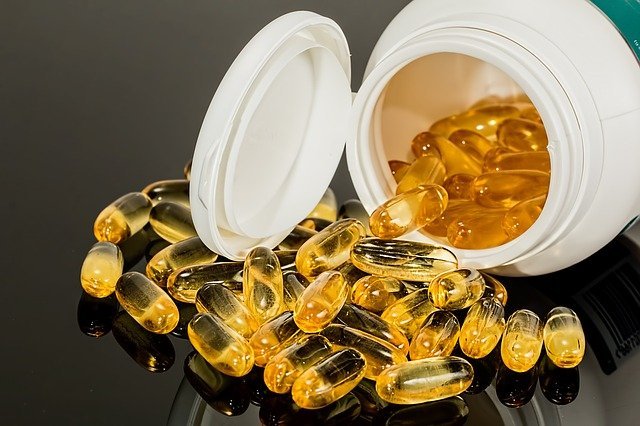There is a contrasting opinion on the use of multivitamins for cancer prevention or triggering factors. Presently, the use of multivitamins as a health supplement is a common practice. The intentions to use multivitamins are different, but the common purpose is preventing chronic health problems like cancer, CVD, etc. Such a general point of view arises due to product labels claim various health benefits, positive consumer reviews, unregulated industrial policies.

Usually, multivitamins are recommended as a supplement for nutritional deficiencies. A publication published in the American Medical Association in 2012 reported that multivitamins may also affect cancer risk. This scientific report was based on a long-term study result that found an 8% reduction of cancer development due to multivitamins intake. This study researcher also indicated that vitamins and minerals loaded fruits and vegetables could also lower the cancer risk which had already been proven in different studies also. But Researchers have not identified the particular vitamins present in multivitamin formulations that can act against cancer development.
However, many researchers had already supported that the supplementation of folic acid during pregnancy, or smokers should not use high-dose β-carotene. Multivitamins supplementation also ensures an adequate supply of essential micronutrients to rectify the low circulating concentrations for individuals with poor diets. But there is a lack of supportive efficacy data which can support that use of multivitamin supplements could be therapeutically beneficial for healthy adults.
It has been found that the high concentrations of vitamin B, carotenoids, and tocopherols in the blood had a link with increased risk of colorectal cancer and cardiovascular disease.
Some case-control and cohort human trial results indicate that multivitamin supplementation can reduce the risk of bladder and colon cancer, but long-term use of such supplements may increase the risk of non-Hodgkin’s lymphoma. However, researchers had not found any link of multivitamin intake with gastric, lung, breast, or colorectal cancers.
Many postmenopausal women prefer to take multivitamin supplementation. But medical researchers neither found any benefit in terms of reduced risk of cancer nor harmful effect to trigger cancer development.
It is necessary to mention that multivitamins supplementation is recommended during cancer care. But self-medication is not suggested to avoid drug-drug interactions which can cause potentially harmful effects to cancer patients. Clinicians often recommended vitamin D3 supplements in cancer treatment as one-third of patients have a deficiency of vitamin D. But it does not indicate all cancer patients have vitamin D deficiency and require supplementation. On the other aspect, chemotherapy or radiation increase the free radical burden to kill cancerous growth but also cause harmful effect to the healthy tissues. Many vitamins have antioxidant properties and help to reduce the oxidative stress burden from healthy tissues. But a high dose of multivitamin supplementation can potentially reduce the treatment efficacy. Therefore, a dose of multivitamins is also another considerable factor so that cancer treatment cannot interfere.
Multivitamins in cancer treatment are still a debatable topic. However, from different study findings, it can be concluded that multivitamins have no link to prevent cancer but clinicians agree that balanced nutritional intake is essential to prevent many chronic diseases, including cancer.
References
- https://www.ncbi.nlm.nih.gov/pmc/articles/PMC3868488/
- https://www.health.harvard.edu/cancer/multivitamin-use-may-reduce-cancer-risk#:~:text=17%2C%202012%2C%20in%20The%20Journal,of%20cancers%20that%20they%20developed.
- https://www.rogelcancercenter.org/living-with-cancer/nutrition/multivitamin-supplements-and-cancer-there-role
